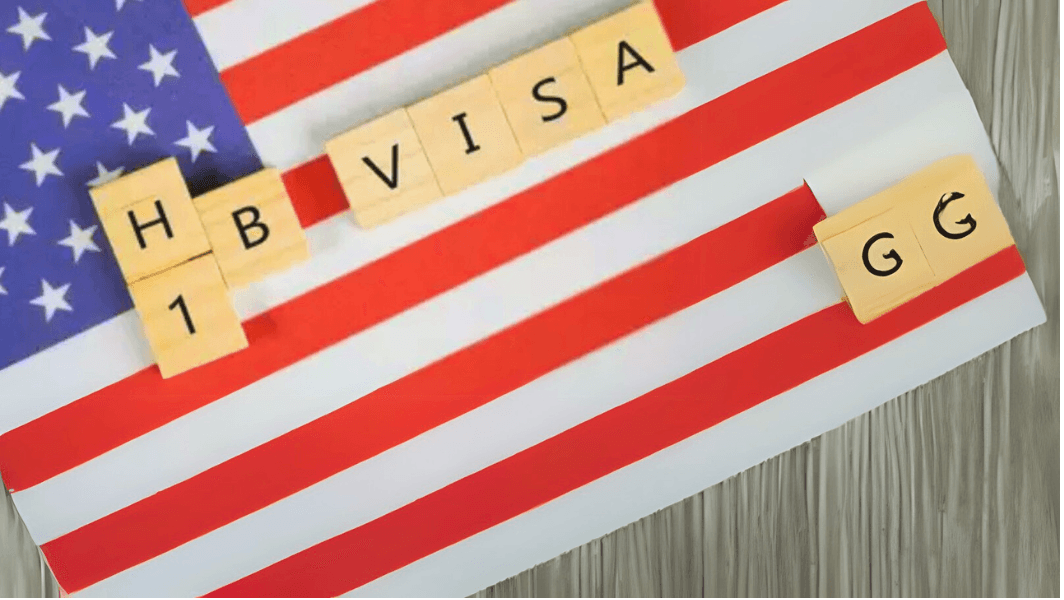
Legal Implications of Trump's Citizenship Order on Indian Immigrant Parents in the U.S.
Policy Shift Sparks Uncertainty for H-1B Visa Holders and Their Children
Legal Overview of the Executive Order
A recent executive order issued by President Donald Trump seeks to deny automatic U.S. citizenship to children born to temporary foreign workers, including those on H-1B and O visas. Historically, birthright citizenship in the U.S. was granted under the 14th Amendment, ensuring that all individuals born on American soil were recognized as citizens, regardless of their parents' immigration status.
The new policy, if enforced, would redefine the scope of U.S. citizenship laws and introduce significant legal and procedural barriers for thousands of immigrant families, particularly those from India, who represent a majority of H-1B visa holders in the U.S.
Current Legal Challenges and Uncertainty
The order has already been blocked by federal courts, with a temporary injunction issued by a Seattle judge, followed by a more recent ruling from a Maryland federal judge extending the block. However, the case is expected to progress through higher courts, and there remains a possibility that the Supreme Court may ultimately decide the matter.
As legal battles unfold, the order’s future remains uncertain, leaving thousands of expecting parents in a state of limbo. Immigration attorneys argue that U.S. law does not currently provide non-immigrant status to children born to temporary visa holders, which raises concerns about their legal status and future residency options.
Impact on Indian H-1B Visa Holders and Green Card Applicants
Indians make up the largest demographic of H-1B visa holders, receiving approximately 72% of the annual H-1B visas issued. The new order disproportionately affects this group, particularly those in long green card backlogs due to U.S. visa caps that limit each country's share of employment-based green cards to 7% of the total annual allocation.
With an employment-based green card backlog of over 1.1 million Indians, some applicants face decades-long waits for permanent residency. If this executive order is upheld, it would mean that children born in the U.S. to parents on temporary visas would not automatically acquire citizenship, creating additional legal hurdles for these families.
Potential Consequences for Future Generations
If enforced, this executive order would have long-term legal and social implications, including:
-
Statelessness Risks: Without automatic U.S. citizenship, these children could face complex legal challenges in obtaining nationality, depending on their parents' home country's citizenship laws.
-
Visa and Residency Challenges: Children may require special visa arrangements to remain in the U.S. or risk being subject to deportation procedures if they lack legal status.
-
Restricted Parental Rights: Parents on H-1B and O visas may struggle to secure legal residency for their children, particularly if they face delays in visa processing or legal uncertainties.
-
Disruption to U.S. Workforce Contributions: Skilled foreign workers in critical industries, including technology and healthcare, may reconsider their long-term stay in the U.S., leading to potential labor shortages in sectors heavily dependent on immigrant professionals.
Broader Implications for Immigration Policy
Beyond the direct impact on skilled workers, this order would also affect undocumented immigrants, as their U.S.-born children would no longer be eligible for automatic citizenship. Previously, these children could sponsor their parents for green cards upon turning 21, but the new ruling would eliminate this legal pathway.
The executive order marks a significant shift in U.S. immigration policy and could serve as a precedent for future legislative changes affecting birthright citizenship and immigration status. If upheld, it would represent one of the most restrictive interpretations of the 14th Amendment in modern U.S. history.
What Comes Next?
The legal battle over birthright citizenship is expected to continue in federal courts, with challenges likely reaching the U.S. Supreme Court. Until a final ruling is issued, the status quo remains unchanged, but immigrant families must prepare for potential legal complications if the order is ultimately upheld.
For now, immigration attorneys advise affected families to closely monitor legal developments, consider securing alternative residency or citizenship documentation for their children, and remain vigilant about policy shifts that could impact their long-term stay in the U.S.
For any enquiries or information, contact info@thelawreporters.com or call us on +971 52 644 3004. Follow The Law Reporters on WhatsApp Channels